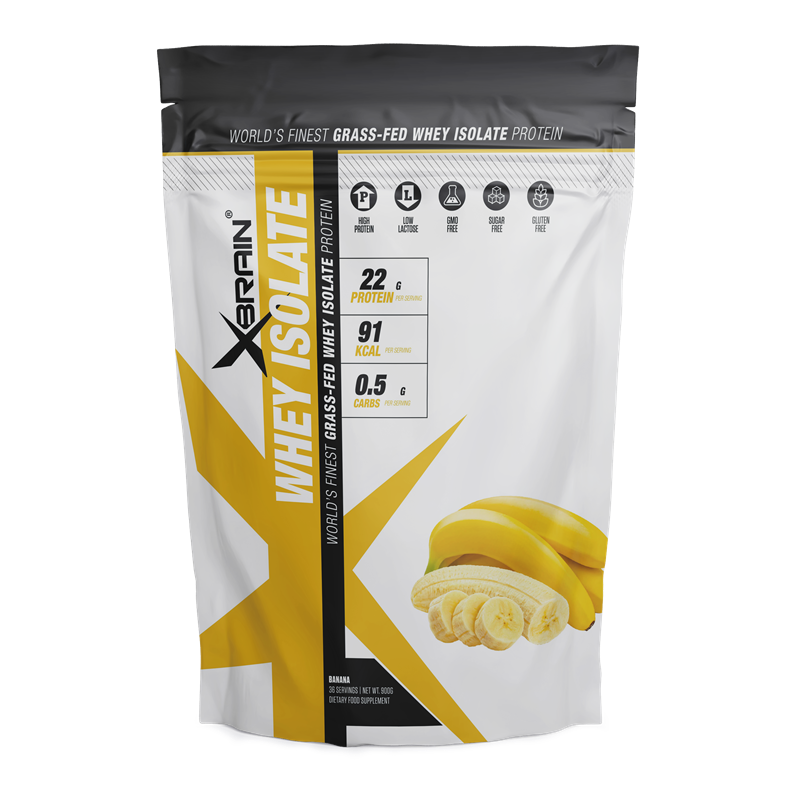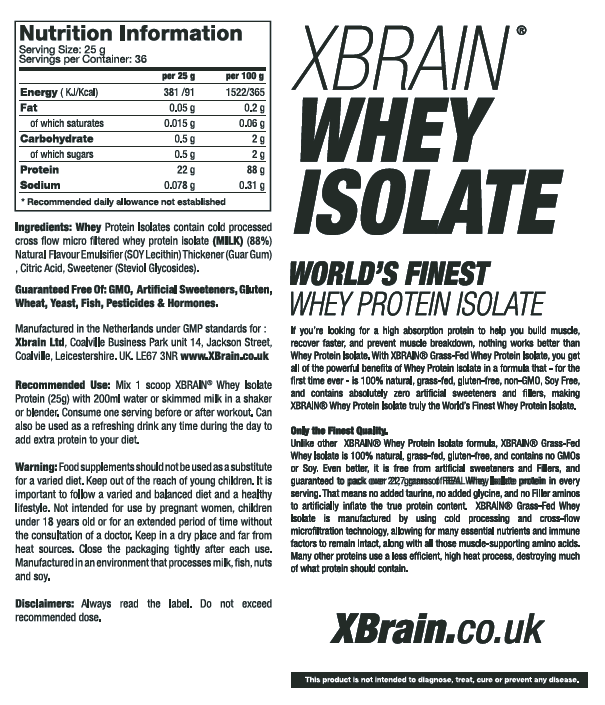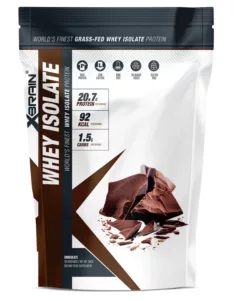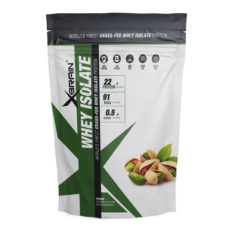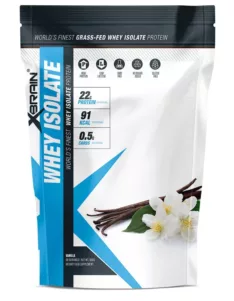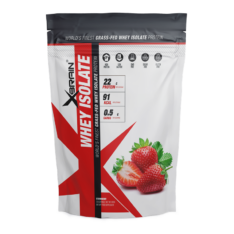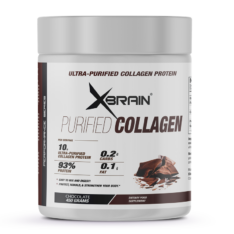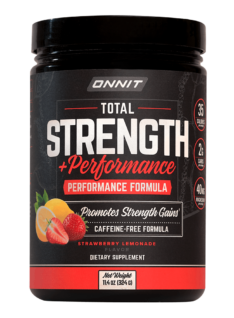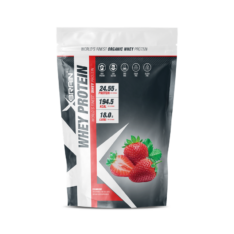Description
Why Choose Whey Isolate Banana Protein by XBrain?
Are you looking for a high-quality protein supplement to support your muscle-building goals? Look no further than Whey Isolate Banana Protein by XBrain. This formula is 100% natural, gluten-free, and non-GMO, ensuring that you are fueling your body with the best ingredients possible. With over 20.7g of protein per serving and no fillers such as taurine or glycine, this formula provides you with pure power for your workouts.
Top-Quality Formula
At XBrain, we use the latest technology to produce a top-quality, nutrient-enriched protein. Our whey isolate protein undergoes cross-flow microfiltration and cold processing to ensure that it is of the highest standards. We only source our milk from grass-fed cows, which results in a higher-quality formula compared to those made with milk from feedlot cows.
Grass-Fed Cows
Using grass-fed cows has numerous health benefits compared to feedlot cows. The milk from grass-fed cows is free from antibiotics and growth hormones, and it contains higher levels of minerals such as calcium, phosphorus, magnesium, and potassium. Additionally, it has a higher content of branched-chain amino acids, which are essential for muscle growth, and conjugated linoleic acid (CLA), which helps defend the body against cancer, high blood pressure, high cholesterol, cardiovascular disease, and inflammation.
GMO-Free and Safe
Whey Isolate Protein by XBrain is made without pesticides or other chemicals, ensuring that it is a clean and high-grade formula. Our production process is modern and clean, avoiding the use of high heat that can leave traces of heavy metals in the protein. This makes our formula safe and healthy for you to consume.
Usage of Whey protein Isolate Banana
Whey Isolate Banana Protein by XBrain is easy to add to your daily routine. Simply mix one scoop with water, milk, or your favorite beverage, and enjoy before or after your workout. The super-smooth texture and delicious banana flavor make it a pleasure to consume, helping you to meet your muscle-gain goals effectively and safely.
Benefits of Whey Isolate Banana
In addition to the benefits of grass-fed cows’ milk, Whey Isolate Banana Protein by XBrain has a super-smooth texture and delicious banana flavor. Try it today and experience the health benefits for yourself, including improved muscle growth and recovery, a strengthened immune system, and a reduced risk of various diseases and conditions.
Ingredients and Benefits
Whey Isolate Banana Protein by XBrain contains only high-quality ingredients, including whey isolate protein derived from grass-fed cows’ milk. This formula does not contain any fillers or artificial sweeteners, ensuring that you are getting only the best for your body.
Side Effects
While Whey Isolate Banana Protein by XBrain is generally considered safe for most people, some individuals may experience digestive upset, allergic reactions, or interactions with certain medications. As with any dietary supplement, it’s important to consult with a healthcare professional before starting and to follow the recommended dosages to avoid exceeding the recommended daily intake. It’s also important to note that individuals with pre-existing medical conditions should exercise caution when taking any new supplement.
In Conclusion
Whey Isolate Banana Protein by XBrain is a high-quality, natural, and effective protein supplement to support your muscle-building goals. With its superior formula, delicious flavor, and numerous health benefits, it’s no wonder why so many people are choosing this product for their daily supplement needs. Start experiencing the power of whey isolate protein today with Whey Isolate Banana Protein by XBrain.
Explore the full range of protein powders and supplements at XBrain here —>

